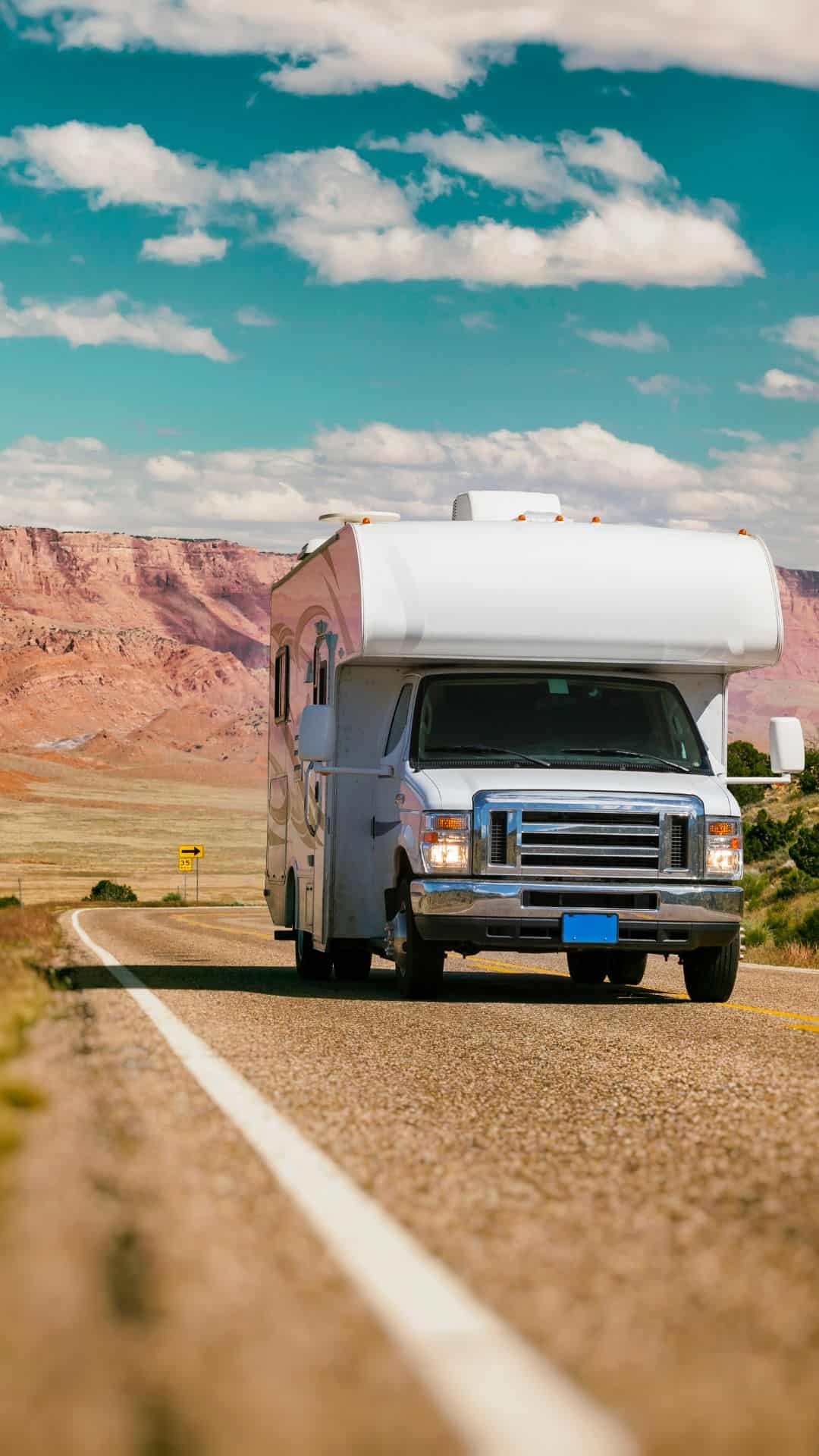If you own an RV, you are well aware of the challenges associated with finding a safe and convenient location to park your recreational vehicle. One feasible option would be to use a driveway for parking your RV. But can you park a travel trailer in your driveway, or should you find a trailer parking rental?
Before parking an RV in your driveway, you must familiarize yourself with the rules and regulations regarding RV parking in residential areas. These regulations can vary depending on the state, city, or neighborhood where you live. Local restrictions, bylaws, and requirements set by homeowners associations (HOAs) all play a role in determining the permissible locations and ways of RV parking.
In this article, I will examine the regulations and guidelines regarding RV parking on driveways. I will provide valuable tips to help you make well-informed decisions that will not contradict the law.
Public Property Vs. Private Streets

One of the most crucial standards is the contrast between private property and public roadways. In general, you could park your RV on private land, which includes your driveway or the backyard, as long as rules and regulations of the nearby areas allow it.
However, parking an RV on public roadways for a full day or for longer intervals of time is generally prohibited. Town authorities or home wonders associations may also not allow parking your RV alongside their driveways.
The American website that helps consumers find appropriate storage for their RVs, Neigbor.com, provides a state-by-state overview of regulations relating to parking your RV on the driveway. For example, if your RV doesn’t come within 10 feet of the road in Alabama, you can park it in the driveway. On the other hand, in most places in California, you will not be allowed to permanently park your RV in the driveway.
Size Considerations
The size of your RV can also determine whether or not you can park it in a driveway. Local laws, rules, and house owners’ institutions might also prohibit using big automobiles on their streets.
If your RV, for example, protrudes onto your front yard, it could be considered big and would not be authorized for parking. Neigbor.com reports that in Michigan, RVs can legally be parked in the driveways of homes if their length doesn’t exceed 45 feet.
Regardless of guidelines and rules, RV proprietors should consider their cars’ size and weight constraints while parking on their driveway. Due to driveway slopes, electrical lines, or other obstructions, parking your RV can be difficult in some circumstances.
As an RV owner, you need to calculate and consider the width and length of your RV and the width and size of their driveway to ensure you have sufficient space to navigate and park your vehicle.
Time Limit And Consecutive Hours Parked
Many cities and municipalities have time limits on how long a vehicle can be parked in one location. These limits may differ based on the area and kind of car parked.
Some cities, for example, impose time limitations for big vehicles, such as RVs, to prevent them from being parked in residential neighborhoods for lengthy periods. Other cities may have limited consecutive hours parked, so you may need to relocate your RV after a set time to prevent breaking local rules.
CruiseAmerica.com, the website that provides information about buying and renting RVs, provides useful information about RV parking in different parts of the US. The website gives an example of the City of San Diego, which offers a temporary permit for RVs for $1 per day, restricted to 72 permits per year per household.
Zoning Laws And Homeowners Association Rules
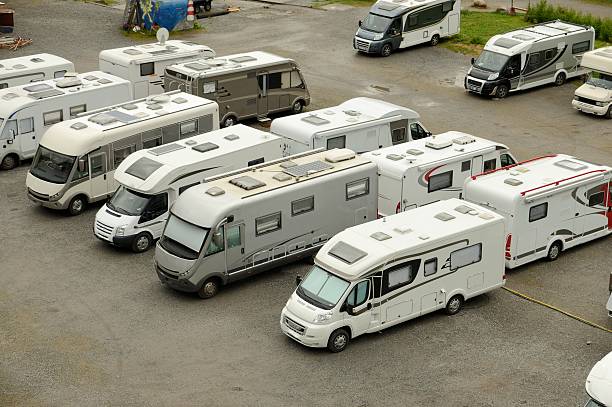
Zoning restrictions and HOA rules might impact where you can park your RV on your property. Some residential communities may prohibit parking big cars or commercial vehicles, including RVs, in residential zones.
Check your local zoning restrictions and HOA guidelines before parking your RV in your driveway. You may believe that the HOA handbook is only a guidebook, but if you do not follow its restrictions, they can take legal action against you.
Code Enforcement
Code enforcement personnel are in charge of investigating any zoning violations and enforcing municipal RV parking laws and regulations. They may issue a warning or a ticket if your RV breaches municipal laws or HOA restrictions.
You may have to pay a fine or remove your RV from your property. Also, you may face legal action or have your RV seized in extreme circumstances.
Ways To Park An RV In Your Driveway
If you decide to park your RV in a driveway, do it legally by following these tips:
- Check local guidelines: Before parking your RV in a driveway, comply with local laws and regulations.
- Consider your neighbors: Respect their space, and don’t park your RV in front of a neighbor’s house or in a way that blocks their view.
- Be aware of space: Make sure you have enough space to park your RV safely and do so without damaging your neighbor’s property.
- Keep it clean: Keep your RV clean so you don’t attract bugs and unpleasant odors or break local driving ordinances.
- Prepare a spot: Consider a dedicated RV garage or fenced RV parking area to protect your RV from the elements and keep it safe from theft.
- Follow HOA rules: If you live in an HOA-controlled network, follow their RV parking rule guidelines to avoid fines or penalties.
Unhappy Neighbors
Even a new RV can be considered an eyesore if it’s parked in front of your home and encroaching on your neighbor’s space. Although it may not be physically on their property, the RV may be “visually” controlling the local environment.
But most locals don’t seem to mind parking an RV on their private lot if it’s mostly out of public view or if the RV is parked only occasionally – like the night before a camping trip.
So, ideally, it’s best not to park your RV in front of the house for long periods. A good choice is to bring peace to the neighborhood so that you can park your RV either at the side of the house or outside the house.
Finally, you need to decide if parking is worth it for your residence or if you wish to look for an alternative RV park.
Where Else Can You Park Your RV?
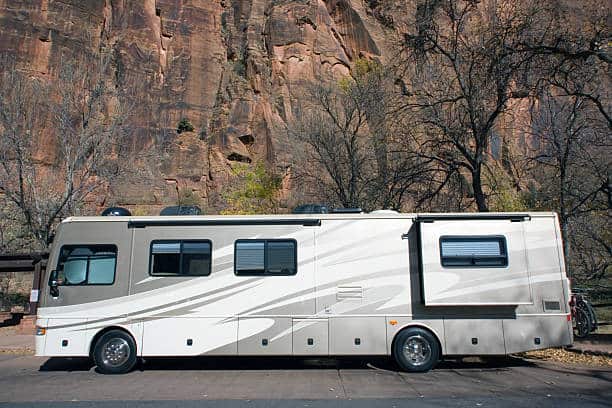
You can park your RV in a few different locations depending on where you live and considering the laws in your area:
- Your driveway: If you have enough space, park your RV. Just make sure it doesn’t block sidewalks or roads.
- RV parks and campgrounds: These areas are designed specifically for RVs. They offer areas with luxury amenities such as electricity, water, and sewer hookups. It’s also a great way to meet other travelers.
- Storage facilities: If you don’t have space in your home, you can check out storage facilities that care for RVs. They will provide you with a safe space to keep your RV.
- Friend or family property: If they have enough space and local laws allow it, you can park your RV on their driveway.
- Rest areas and Wal-Marts: Some places, such as rest areas or Wal-Mart stores, may allow overnight RV parking, but it’s best to check with each specific location.
- Designated RV parking areas: There are temporary parking areas for RVs, such as near attractions or places surrounding nature.
Conclusion
The size of your RV will almost certainly be a limiting factor in determining where you can park it. This is especially true if your RV’s length exceeds your driveway.
The most stringent laws apply if you park your RV on a public roadway. Some communities may allow you to park it along the road for a limited period, but many towns will have enforceable regulations prohibiting long-term RV parking.
While trailer parking rental and storing an RV might be difficult for some, it is an unavoidable aspect of RV living. If you can’t keep it in your driveway, the good news is that lots of solutions are generally accessible. Good luck, and don’t be afraid to ask questions.
FAQs
1. Can you park a travel trailer in your driveway? What are the regulations and restrictions?
You may park a trailer on your driveway. However, this is subject to the laws established by your local government. Rules and limits differ by place, so it’s critical to understand the requirements for your specific location before making a decision.
2. Where can I find camper trailer storage near me? What are the options and costs involved?
You may search online, question locals, or browse places to discover a nearby camper trailer storage business. Because costs and methods differ, it’s better to ask specific questions.
3. Is it legal to park an RV anywhere? What are the rules and limitations?
RV parking regulations differ from one location to the next. There are limits and restrictions, but they vary depending on the size and specifications of the RV. To maintain compliance, it is critical to understand the relevant legislation in your location.
4. Looking for trailer parking rental options? What are the best places to rent a parking spot for your trailer?
Consider exploring your alternatives while looking for a place to rent a trailer. Look for trailer parking at nearby trailer parking rental facilities or loading docks. Comparing alternatives will assist you in determining the ideal place for your trailer.

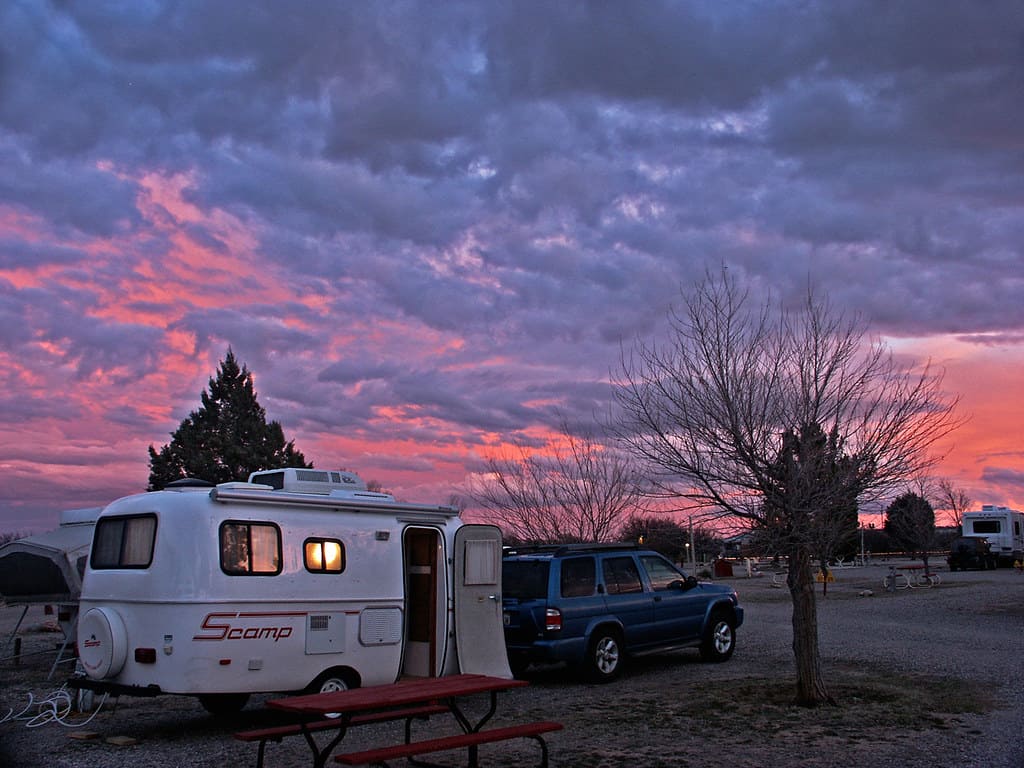


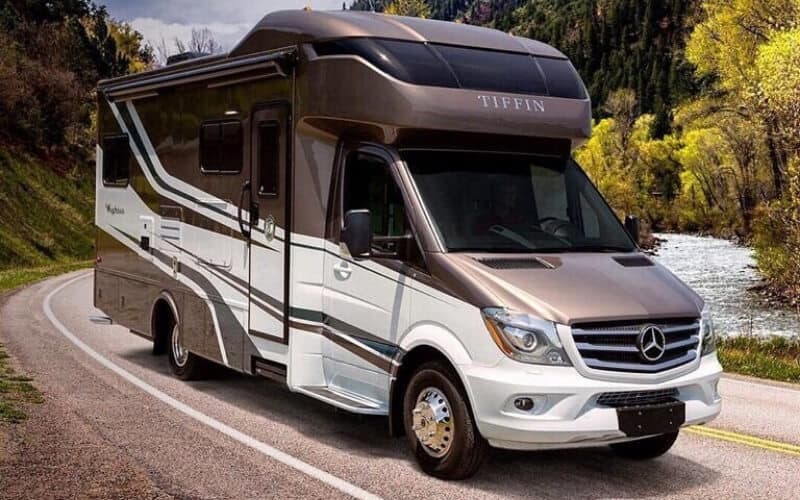
![8 Best RV Travel Trailers for Full-Time RV Living Adventure in [currentyear] 8 Best Travel Trailer For Full-Time Living](https://www.rvingknowhow.com/wp-content/uploads/2021/10/Best-Travel-Trailer-For-Full-Time-Living-.jpg)
